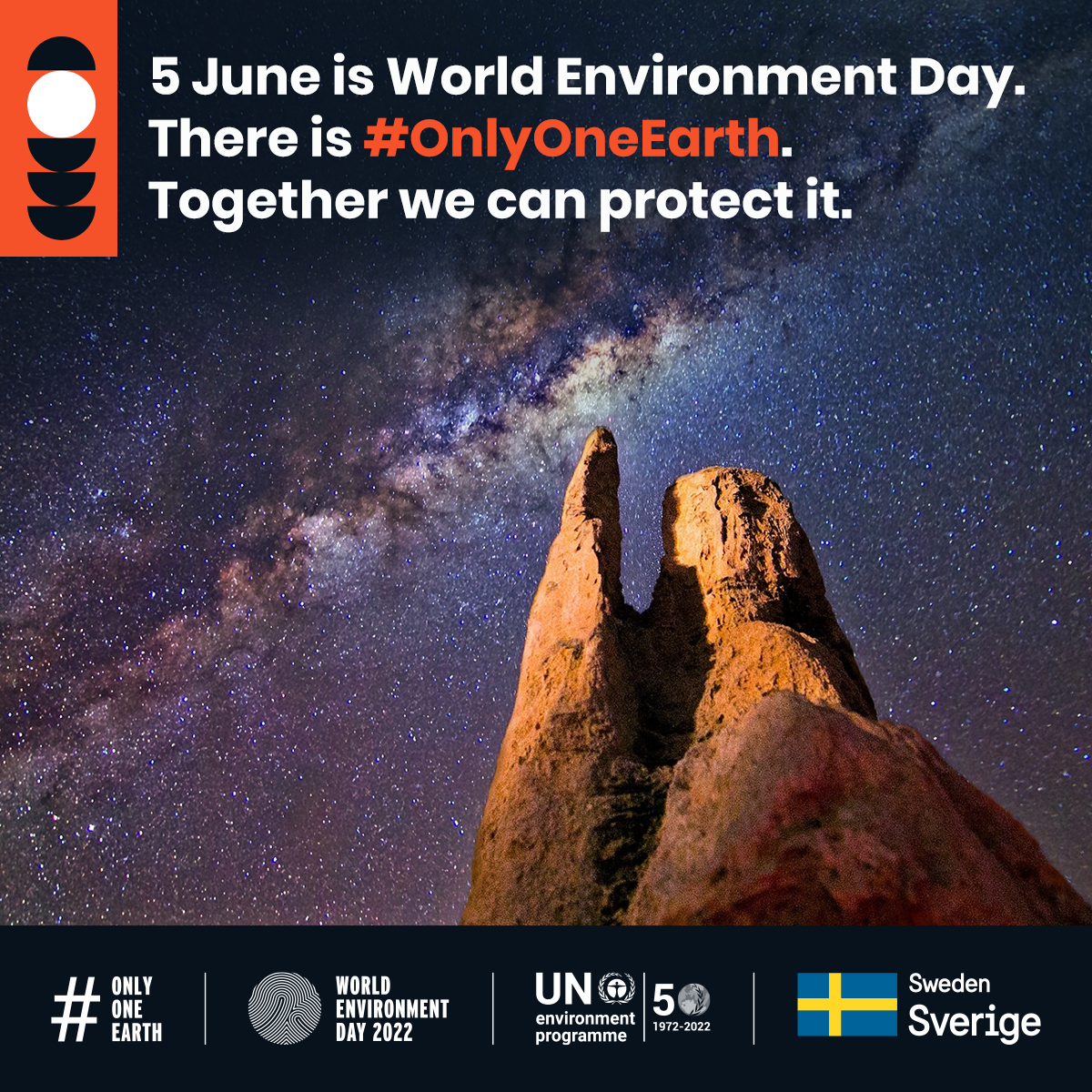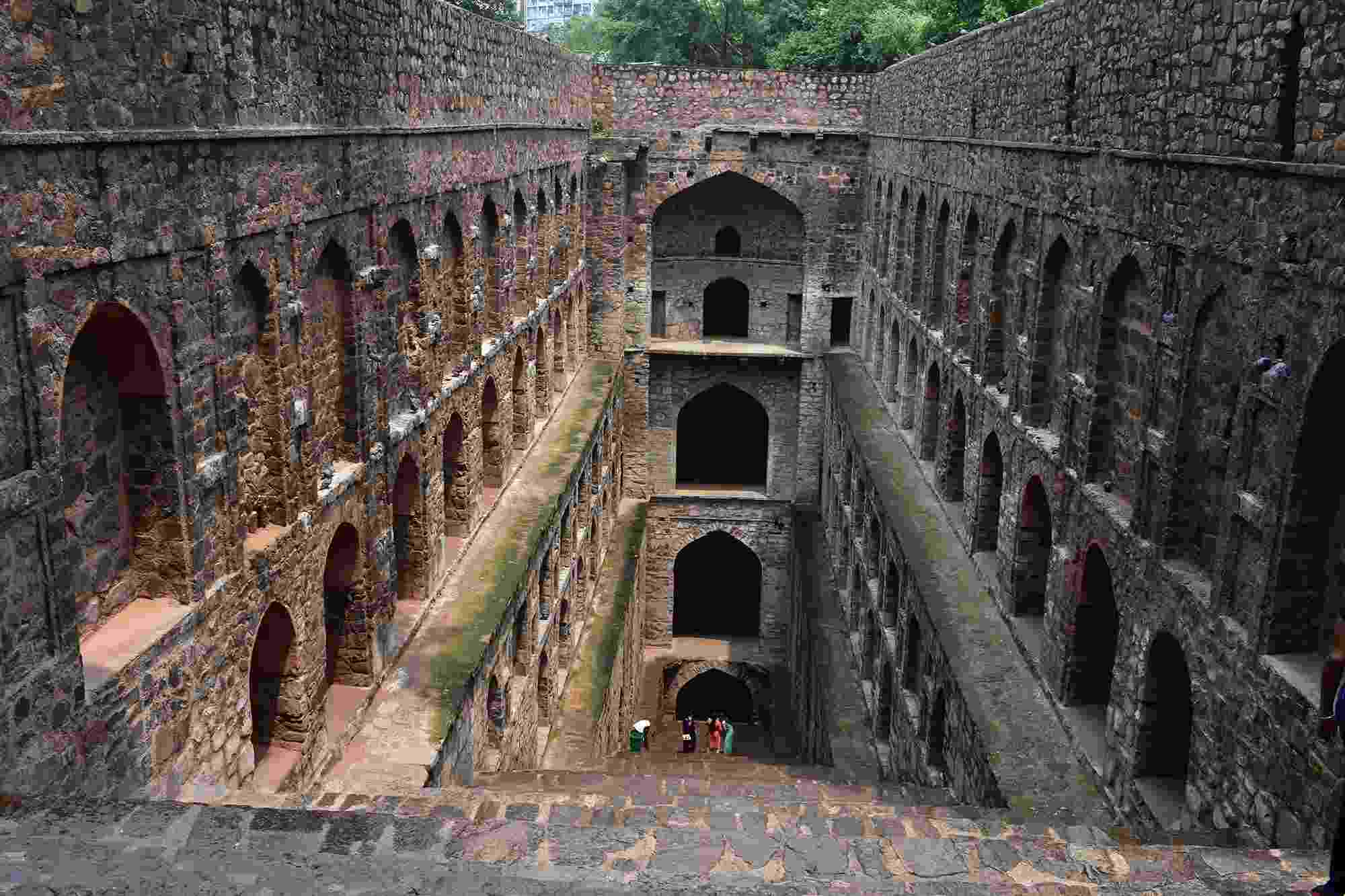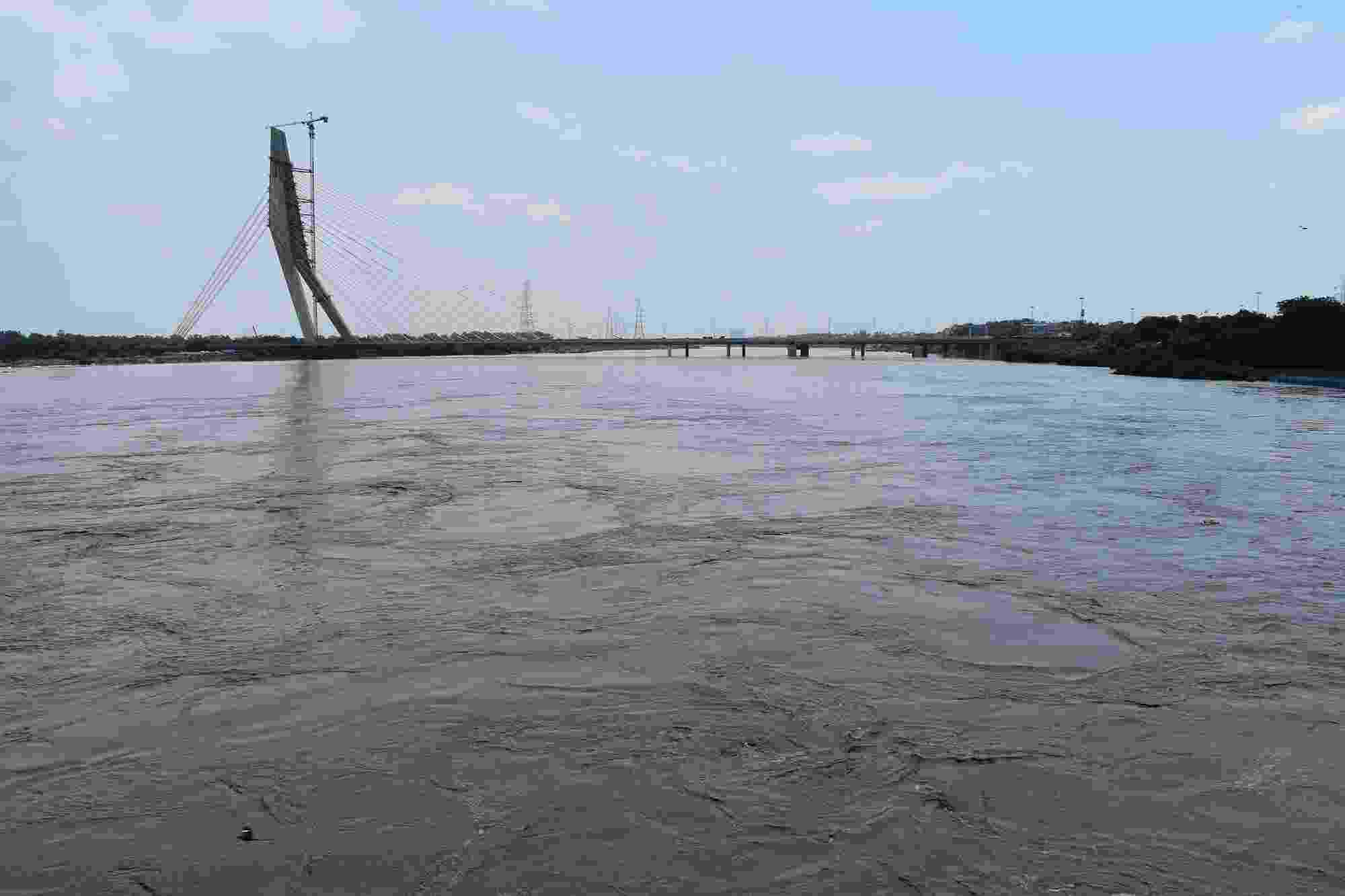Collaboratory update July 2022 | India
News and updates from our Indian colleagues
29 July 2022


The theme for World Environment Day this year was ‘Only One Earth’, calling for transformative environmental change on a global scale. Alongside other Hub celebrations, the India Collaboratory team hosted a hybrid seminar on living sustainably in harmony with nature, focused within the context of the NCT of Delhi. During the session, renowned practitioners from Delhi Jal Board (DJB, Delhi’s water utility agency), the Indian National Trust for Art and Cultural Heritage (INTACH), the Centre for Science and Environment (CSE), academicians, and researchers working in the field of water in Delhi came together to share their insights and experiences. The event focused specifically on water in Delhi, opening with a description from Hub colleagues on the current state of water bodies in the region, and introducing the actors involved in protecting, conserving, and regulating anthropogenic activity around water bodies.


Agrasen ki Baoli, a now depleted historical stepwell in Delhi
Following on from that, Mr Anil Bharti, Additional Chief Engineer of DJB, discussed current rejuvenation efforts to restore Delhi’s depleting aquifers, sharing DJB’s plans for cleaning up; social ownership; resource augmentation; and conservation of Delhi’s water bodies and the biodiversity they support. Mr Manu Bhatnagar, Principal Director, Natural Heritage Division at INTACH, has 30 years of experience working with lakes and wetlands. He explored threats to Delhi’s water bodies and their biodiversity, highlighting that most arise from anthropogenic activity and a lack of effective governance. Mr Dhruv Pasricha, Deputy Programme Manager for Urban Water at CSE, discussed the impacts to water bodies that can arise from land-use change. Delhi’s rapid expansion and development has impacted the city’s drainage network, leading to an increase in severe urban flooding. Lastly, event participants explored the importance of public participation and engagement in the protection of Delhi’s water bodies. Environmental activist, Mr Diwan Singh, identified key factors that affect community involvement in water conservation; need, awareness, authority, organisation, and resources. (Watch the recording here).
Our India Collaboratory is working with government organisations and multiple local stakeholders. Earlier this year colleagues at IIT Delhi signed a Memorandum of Understanding (MoU) with Delhi Jal Board (DJB) providing a platform from which further collaborative work may continue, bringing the two organisations together for joint studies, research, training, and data sharing. To kick start the next phase of collaboration, the two teams have held meetings with the CEO of DJB and other key officials to discuss and plan work to tackle water security issues in the NCT region. The IITD team are continuing their work with local organisation, the Janya Collective, who have recently conducted pilot surveys on water use and distribution on behalf of the Hub team. Planned next steps include focus group discussions, reviewing the survey data, pilots of water conservation interventions, and a community education programme adapted from our KATS programme.
Interdisciplinary, cross-collaboratory work is fundamental in our systems approach to water security. Colleagues based at the University of Leeds are leading the Hub’s research theme on water-related risks, working together with researchers across our global team to understand localised risks in each of our collaboratories. As part of this cross-Hub team, researchers from SPA New Delhi are working together with Leeds colleagues on the exploration of water, sanitation and hygiene (WASH) risks, with their latest steps including gathering sanitation data and developing sanitation strategies for the Barapullah sub-basin, with a specific focus on community toilets.


Yamuna River and Signature Bridge
The SPA team has also embarked on a new partnership with the University of Illinois (UIC), Chicago. The spring studio of the Master of City Design programme delivered at UIC studies and conceives ecology-centred design plans for developments along the Chicago riverfront. SPA students and researchers carry out similar work, studying the waterfront of the Yamuna River. In this new partnership, the two organisations will imagine and position themselves as two parallel teams of a global design firm working on riverfront planning and development incorporating nature-based solutions, operating simultaneously in Chicago and Delhi. For their first steps, each team will identify project site(s), research and compose programme briefs, and conduct basic data collection and analysis. Following that, the teams will share their work and then move on to composing their designs for the sites, periodically coming together to share and learn from each other.
Finally, members of the India team recently took part in panel discussions on responding to climate change, and the urgent need to integrate water resource management and WASH in policy and strategy, at the Water, WASH, and Climate Virtual Symposium organised by the International Water Centre at Griffith University, Australia. Colleagues from the India team have also been invited to attend the UN 2023 Water Conference, held by the United Nations Department of Economic and Social Affairs (UN DESA) Division for Sustainable Development Goals.



